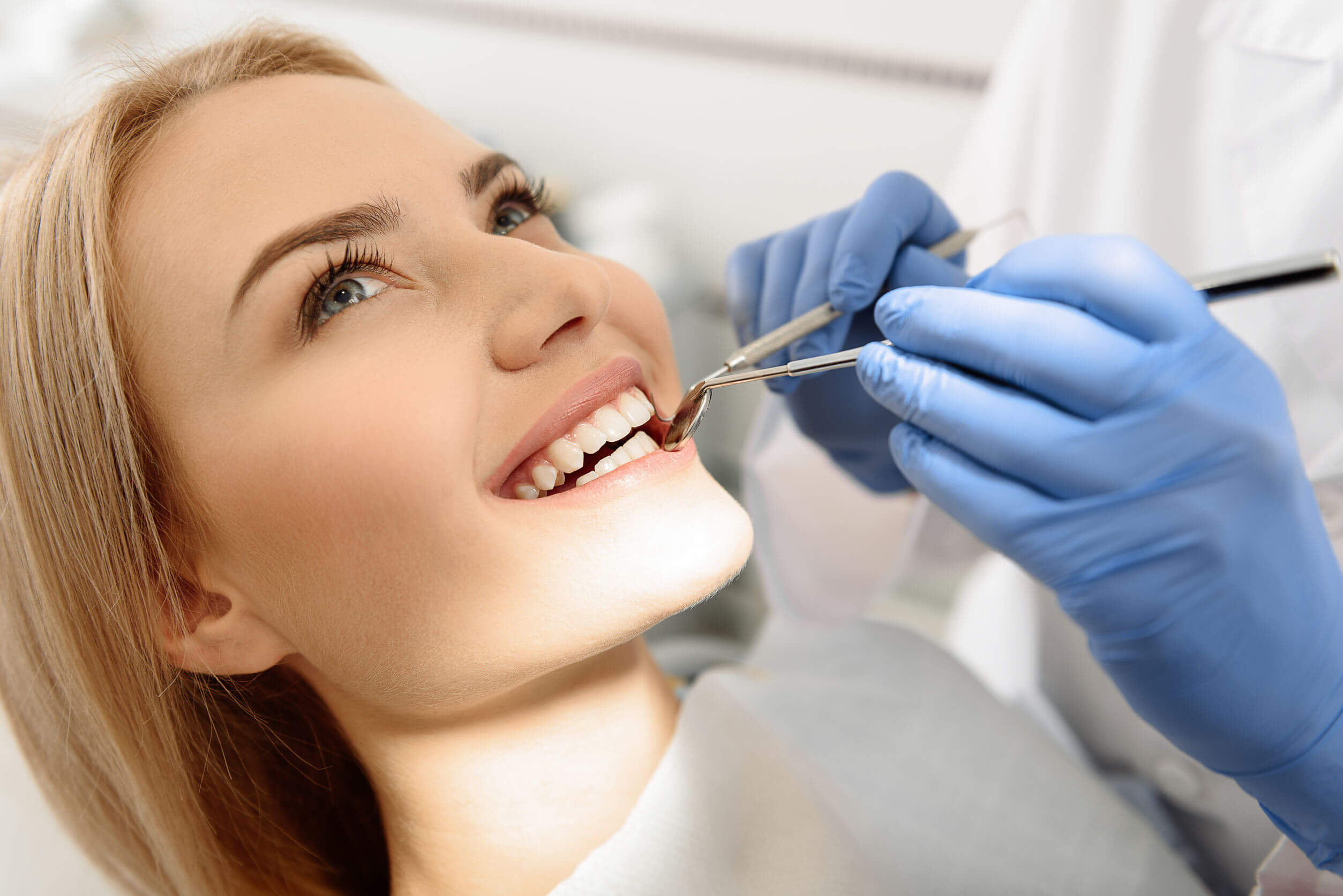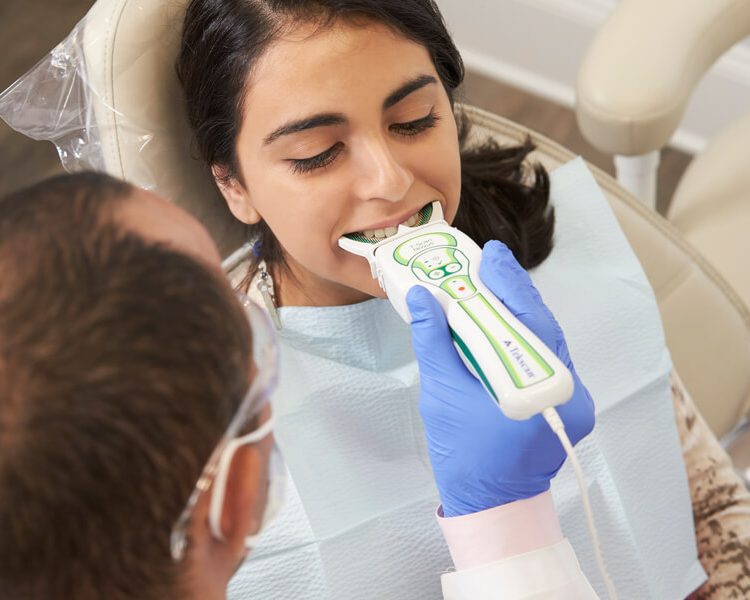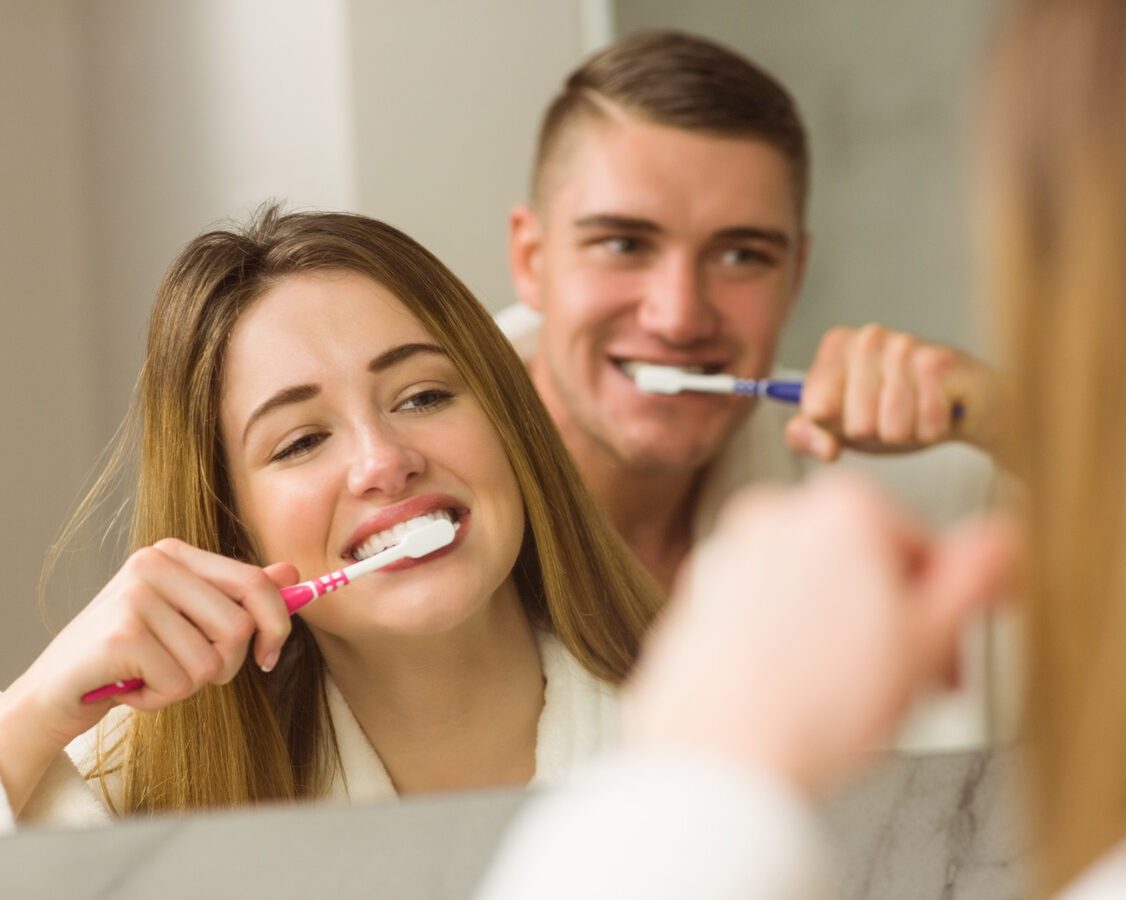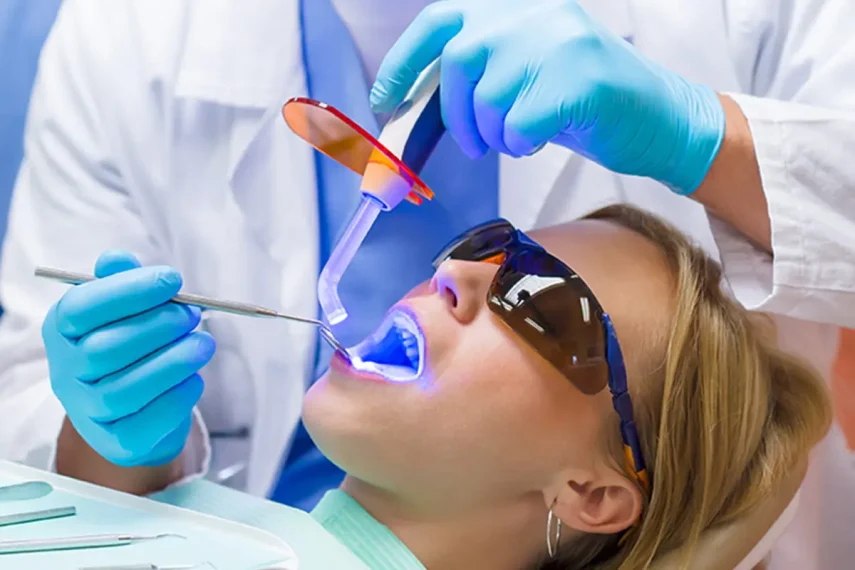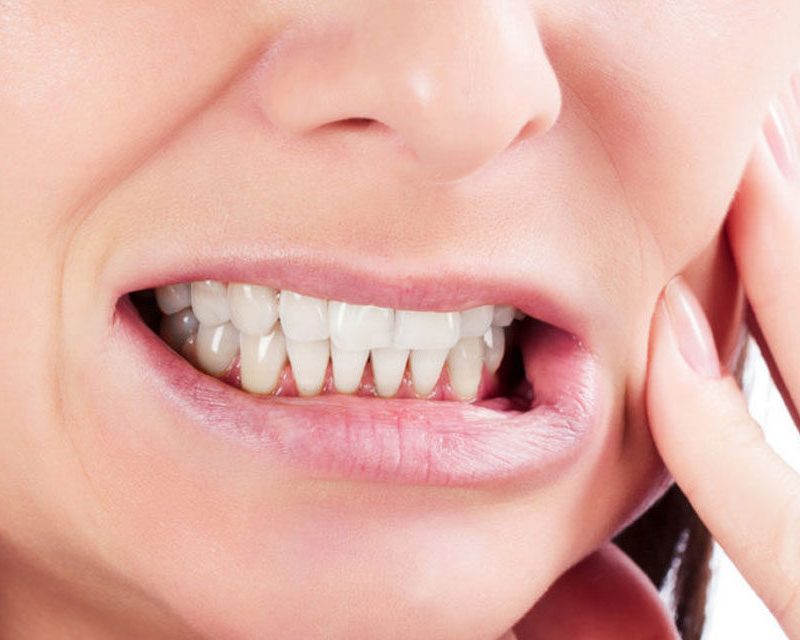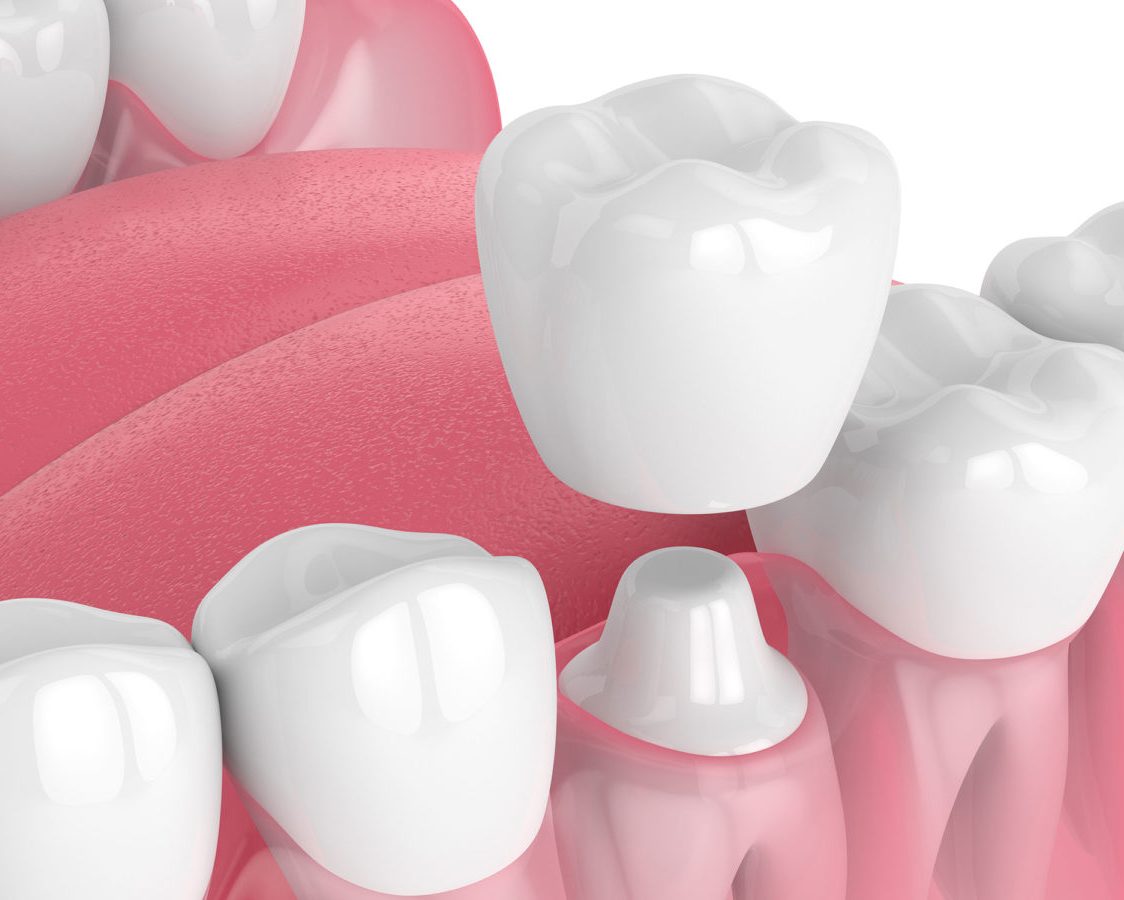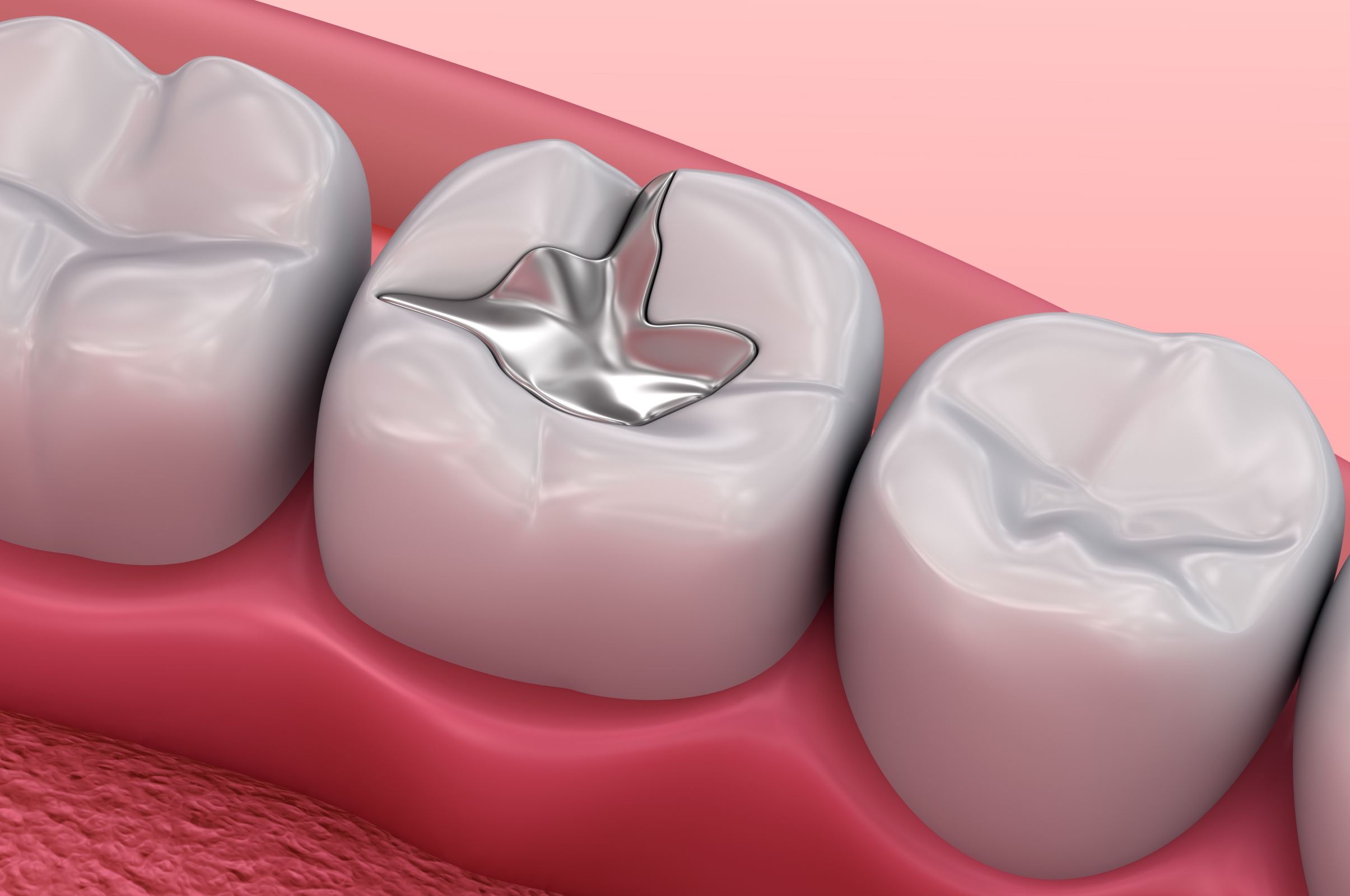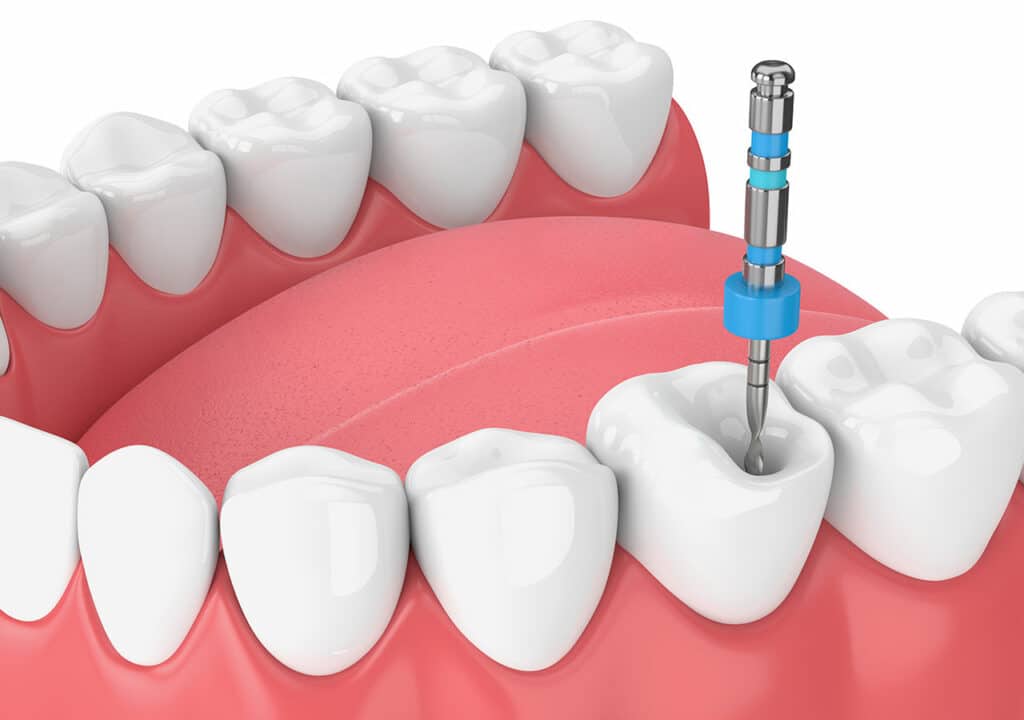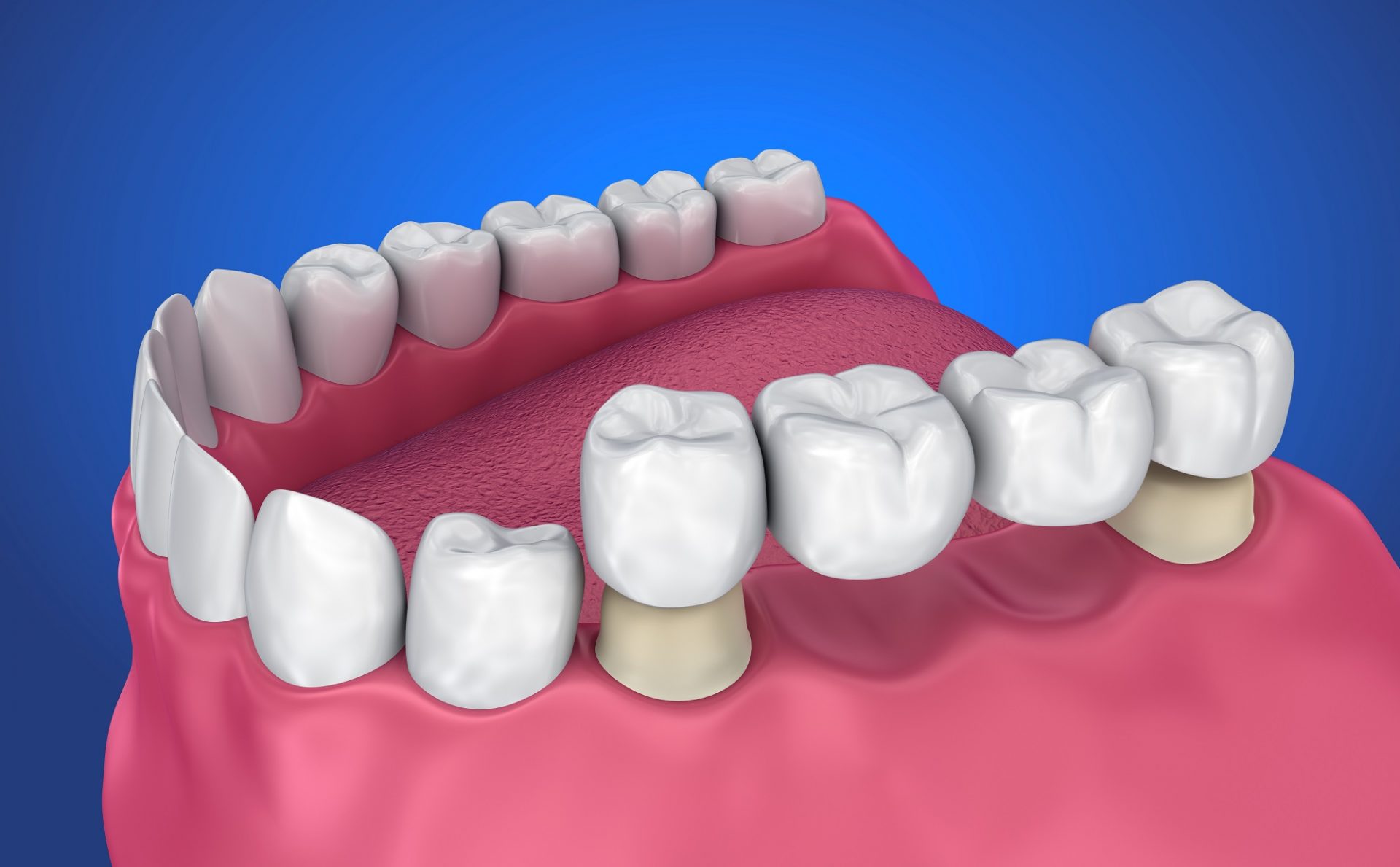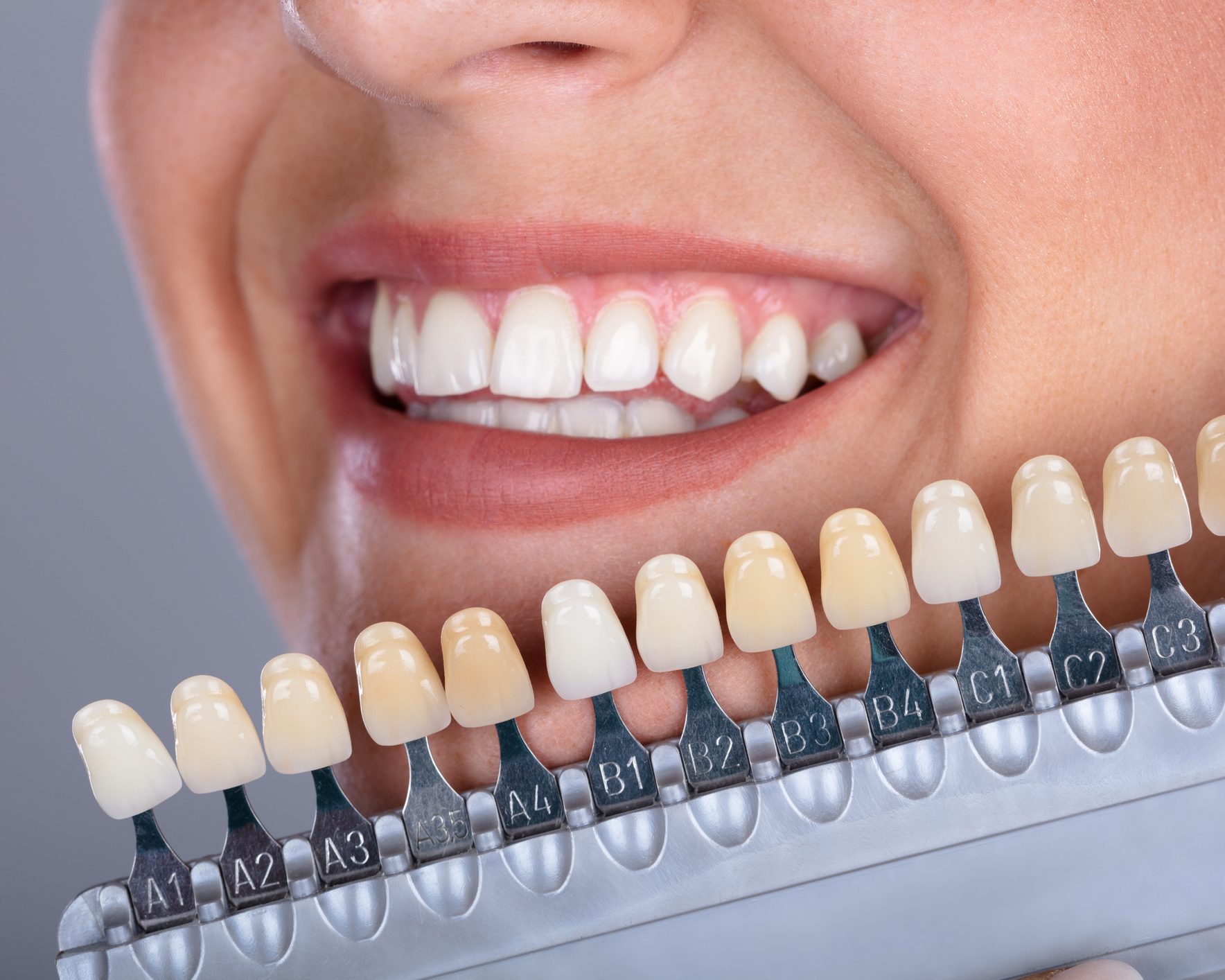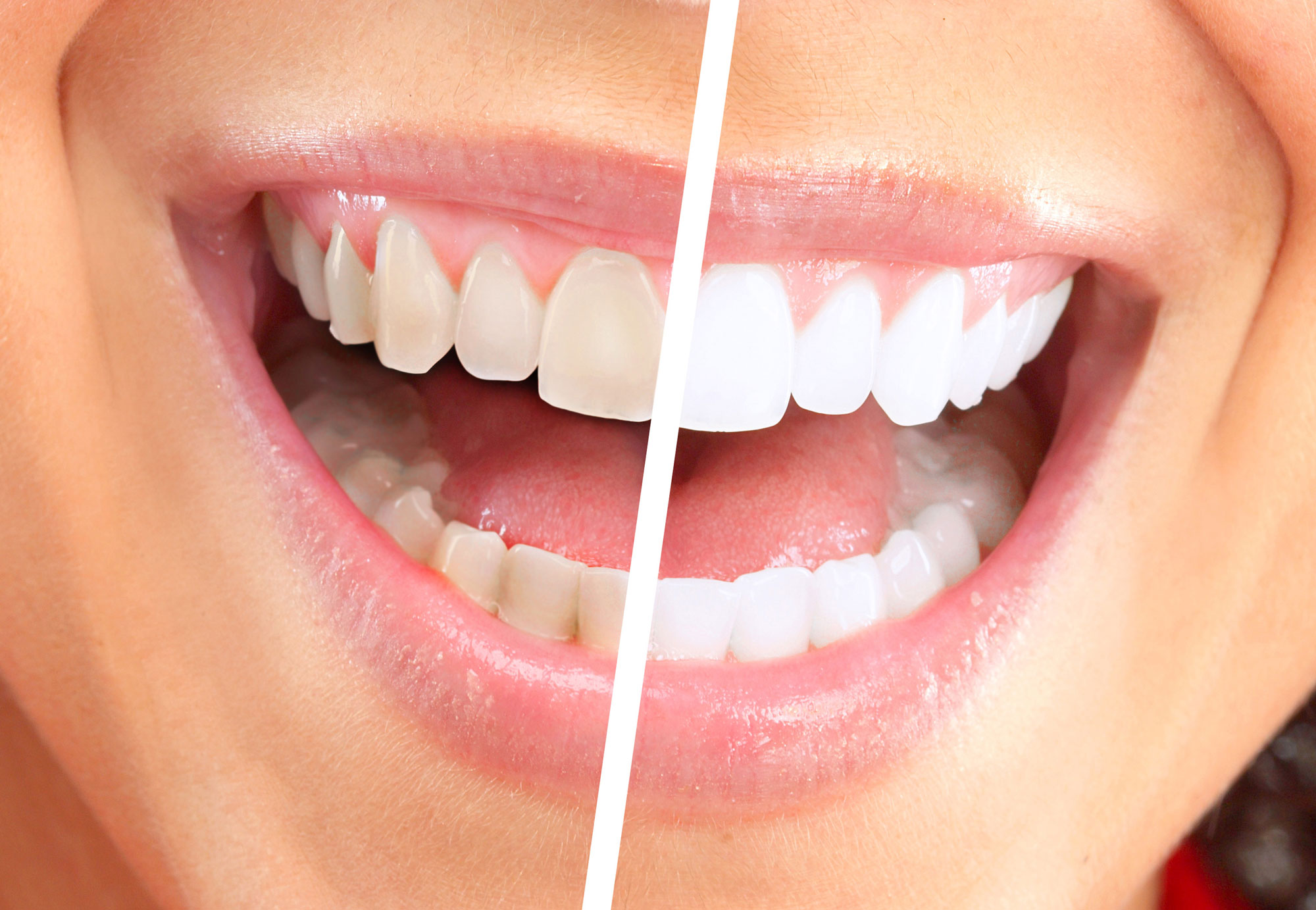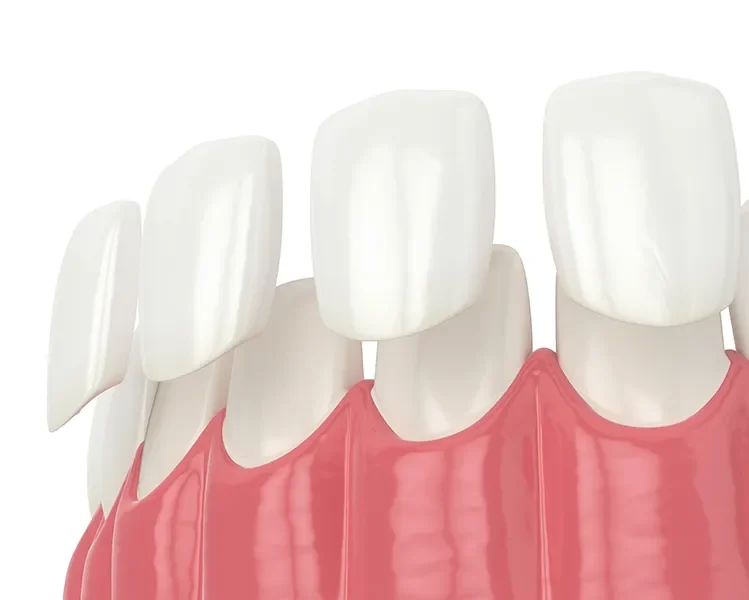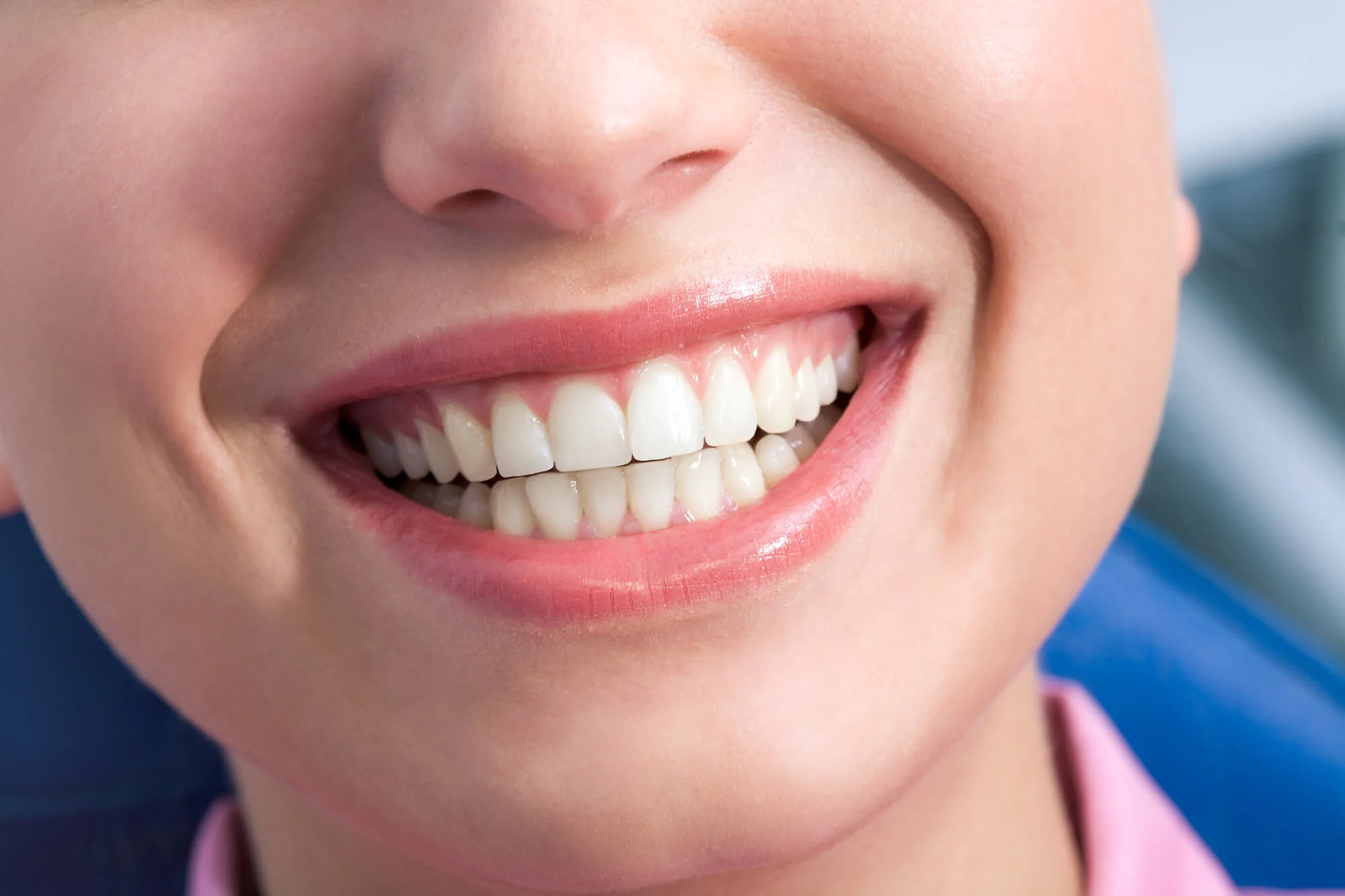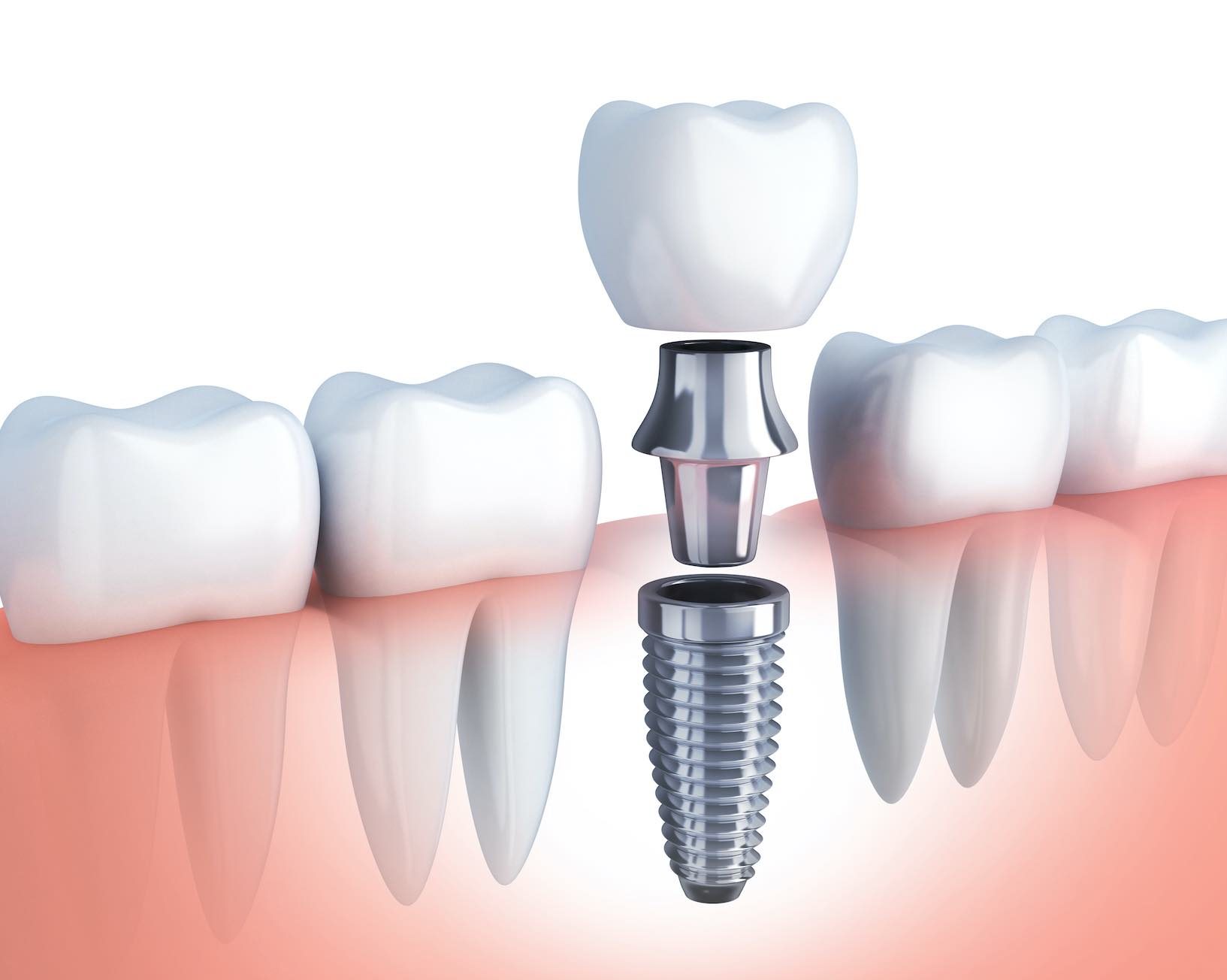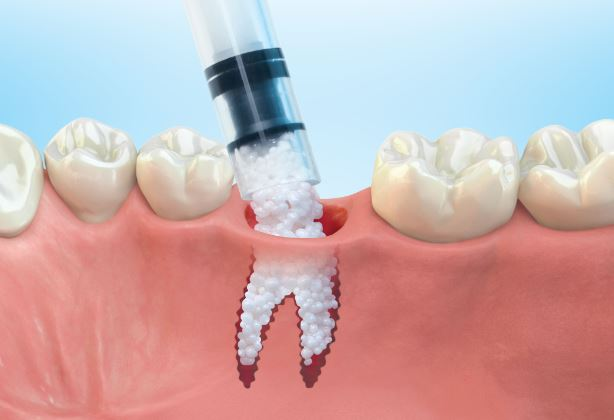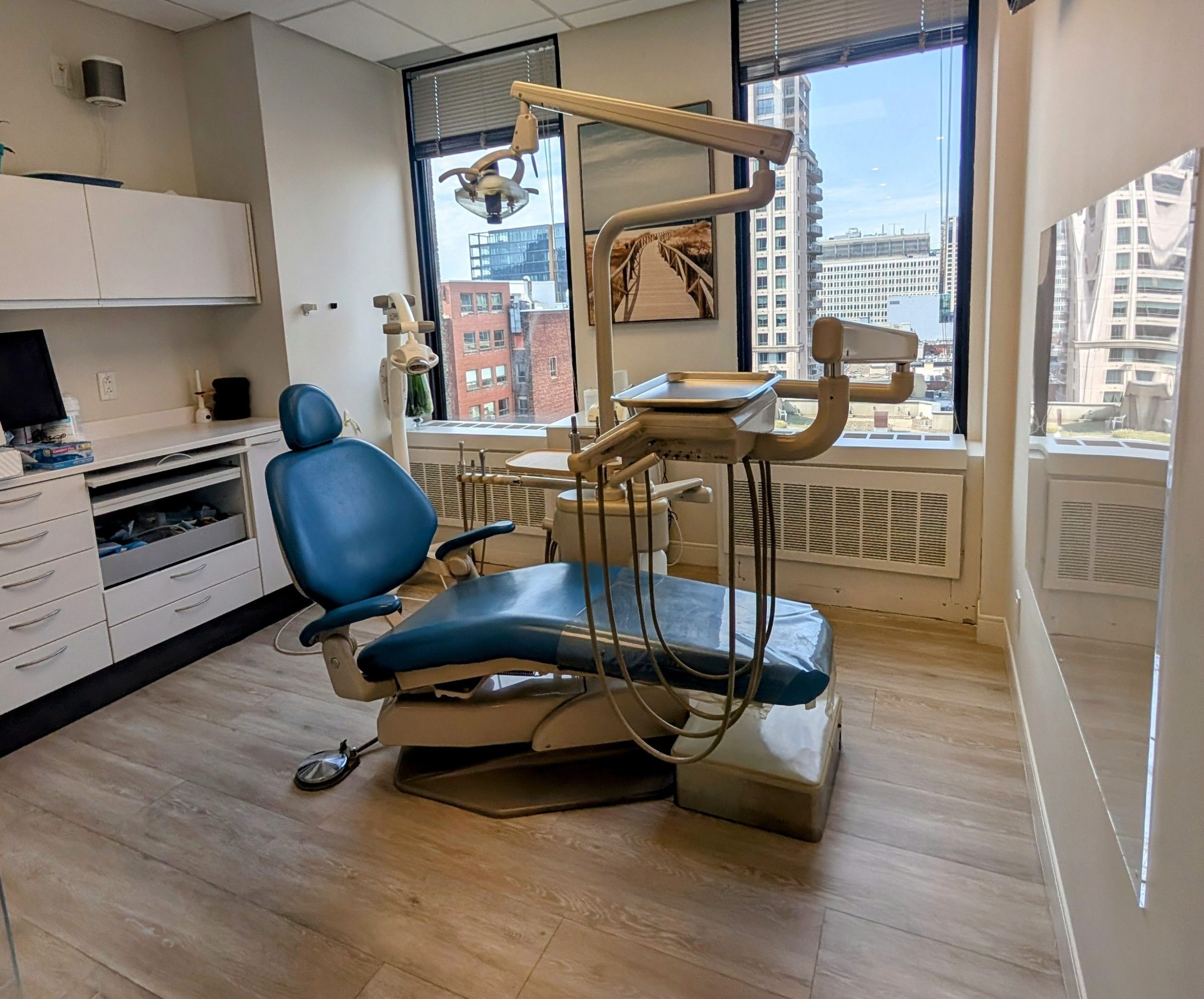Preventive Dental Care
Teeth Cleaning
Daily brushing and flossing are essential for good oral hygiene — but so is teeth cleaning by a dental professional.
At Comfort Care Dental Clinic in downtown Montreal, our teeth cleaning services go beyond fresh breath and a bright smile — they help prevent oral inflammation and protect your long-term health.
or call us: (514) 844-8061
Select your preferred booking method.
Schedule your appointment online instantly or request a callback — we’ll get in touch to help you book at your convenience in downtown Montreal.
Online Appointment
Request a Callback
Why is professional teeth cleaning so important?
While nature once helped clean our teeth through the texture of raw, fibrous foods, today’s softer, processed diets do little to aid in this function. This is why teeth cleaning is more necessary than ever. Plaque easily builds up near the gum line and, if not removed through daily care and professional teeth cleaning, it can harden into tartar. This tartar promotes bacterial growth that damages teeth and gums.
At Comfort Care Dental Clinic in downtown Montreal, we offer professional teeth cleaning that targets these hard-to-reach areas and supports both oral and overall health.
Benefits of regular teeth cleaning
Regular teeth cleaning removes plaque and tartar, helps prevent gum disease, reduces tooth sensitivity, and freshens breath. But it also allows your dental team in downtown Montreal to detect early signs of oral inflammation or other issues before they become serious — saving you both discomfort and cost in the long run.
Tools for at-home teeth cleaning
While we recommend professional teeth cleaning every six months at our downtown Montreal clinic, proper daily tools are also key. These include:
-
Manual or electric toothbrushes (we help you choose the best one)
-
Dental floss to clean the 35% of tooth surfaces a brush can’t reach
-
Interdental brushes for larger gaps
-
Soft rubber-coated toothpicks
-
Tongue scrapers (even a simple spoon can work)
-
Antibacterial mouth rinses that reduce plaque, bacteria, and tooth sensitivity
At your next teeth cleaning appointment in downtown Montreal, we’ll help you fine-tune your technique and tool selection for optimal results.
We also examine your tongue
The tongue can reveal key signs about your health. During your teeth cleaning at Comfort Care Dental Clinic, we inspect the tongue for indicators of stress, infection, aging, or systemic illness — offering a truly comprehensive approach.
Are you brushing your teeth the wrong way?
Yes — poor brushing technique can harm your enamel and gums. Excessive pressure, incorrect brush angles, or abrasive toothpaste can cause receding gums or notching at the gum line. That’s why, during your teeth cleaning at our downtown Montreal clinic, we offer guidance to ensure you're brushing effectively — but gently.
Looking for teeth-cleaning services in downtown Montreal?
Choose Comfort Care Dental Clinic for gentle, thorough, and highly personalized teeth cleaning in downtown Montreal. Our clinic is located at 2045 Stanley Street, Suite 1100 — just a two-minute walk from Peel metro station. Book your teeth cleaning appointment today and give your smile the care it deserves!
